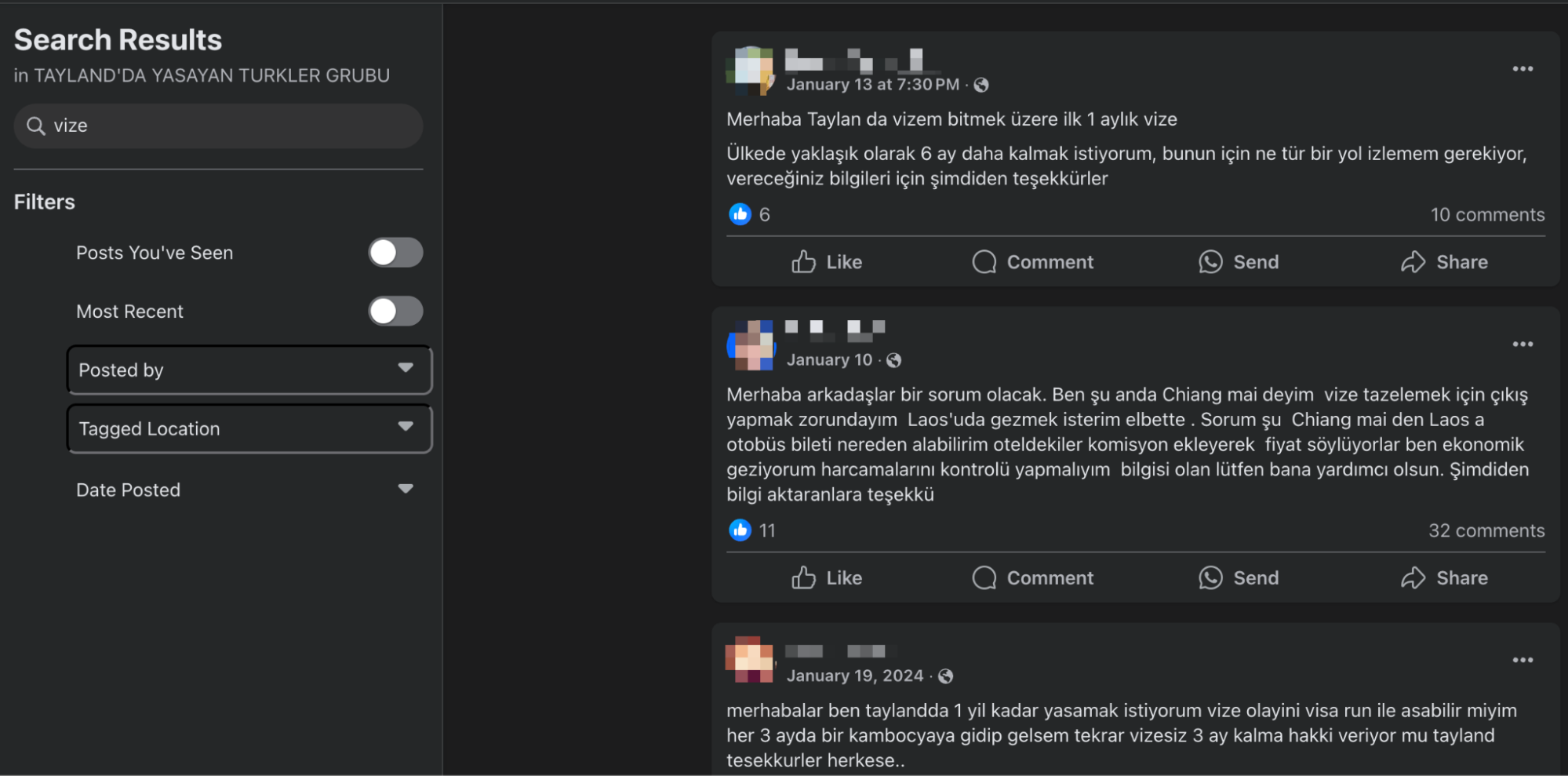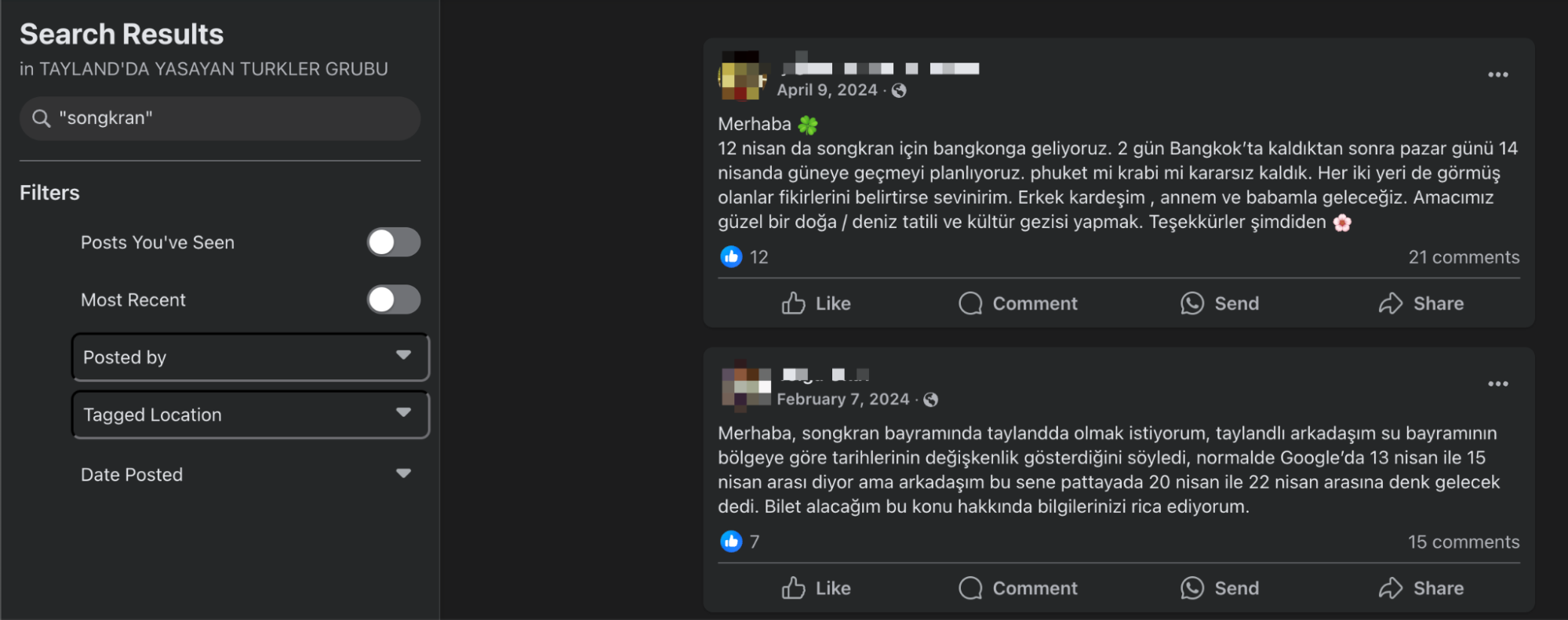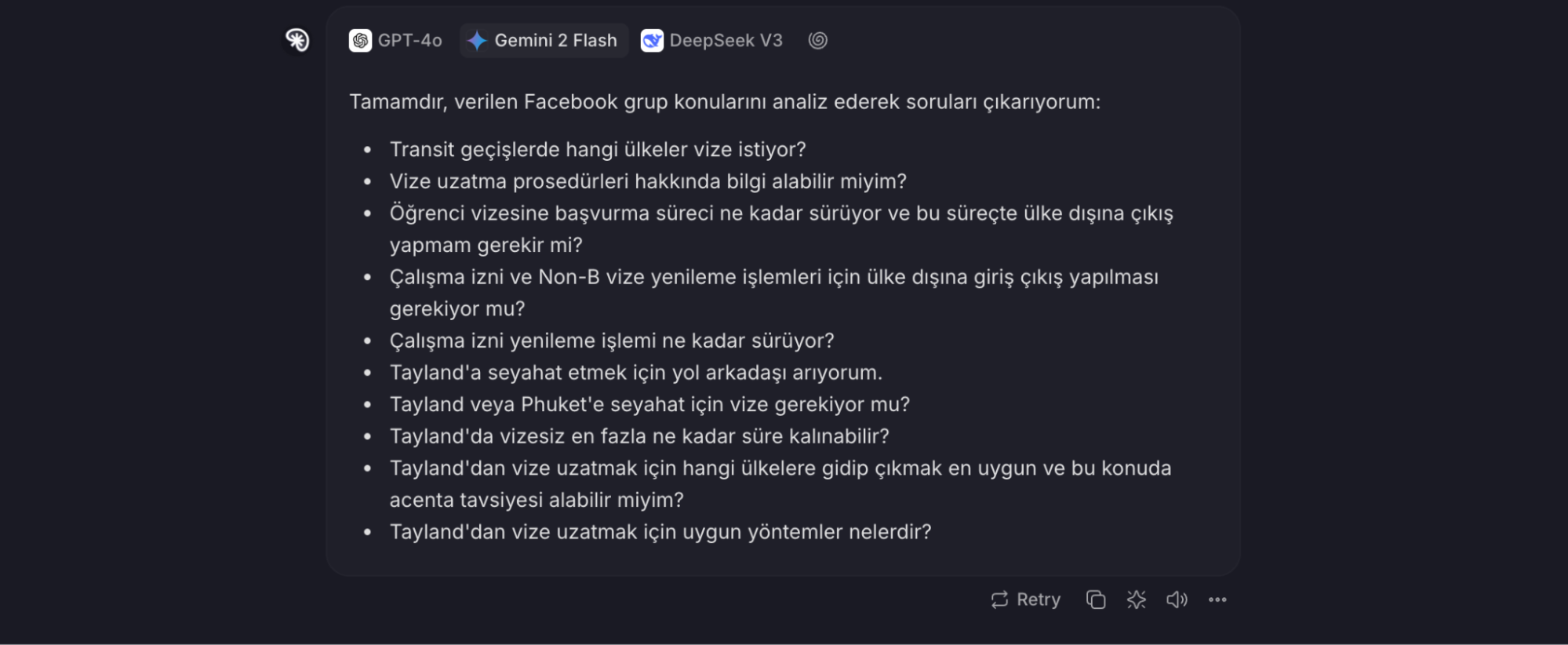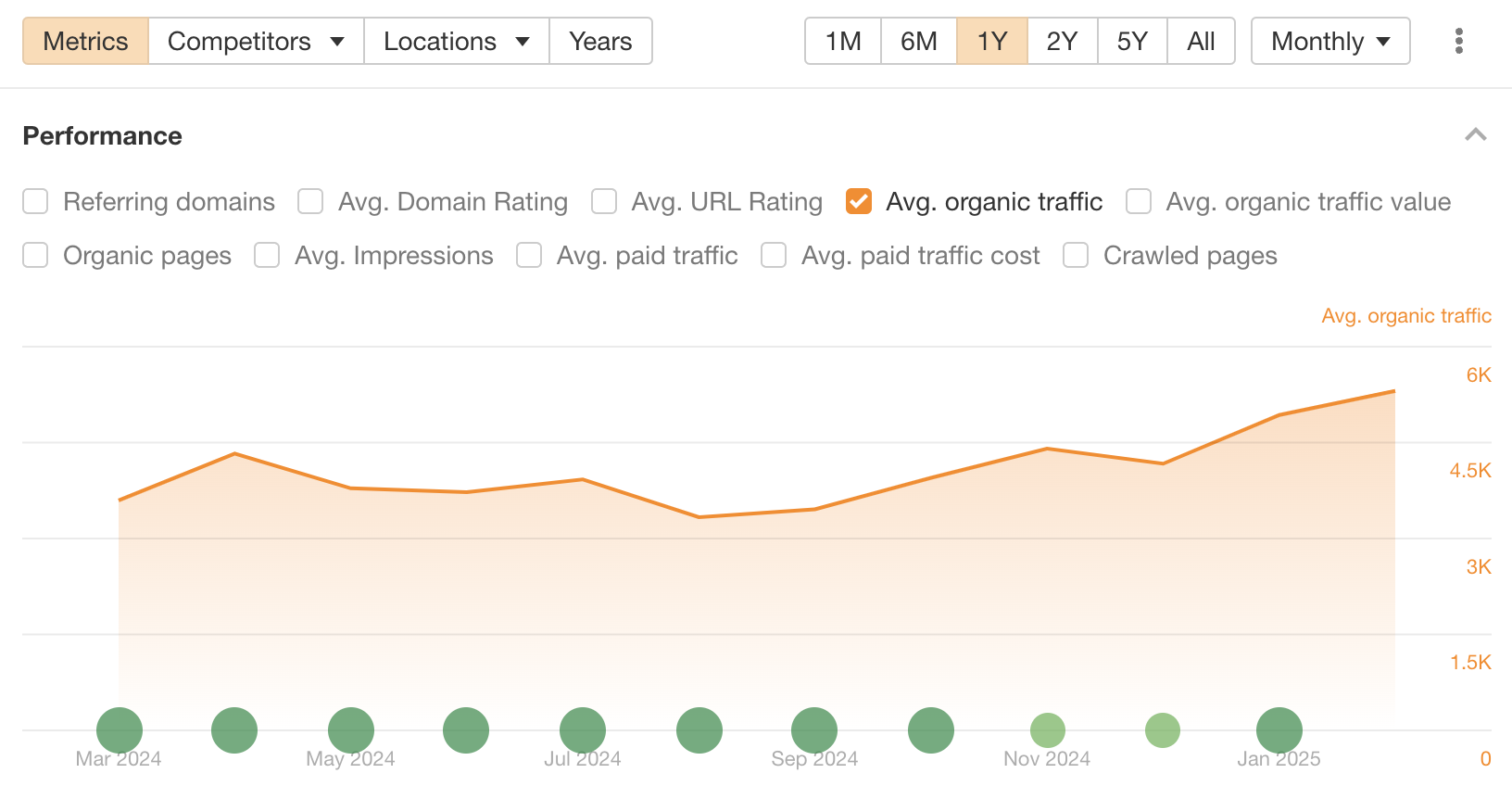How to Use Facebook Groups for SEO with the Help of AI
In this article, I explained how you can include Facebook in your SEO efforts. Since I will give examples from my site, it will be an article where I can summarize the work I have done. Most of the readers of this article have not been on Facebook for a long time, but now is the time!
I wanted to do my work in a way that is completely independent of search volume data. My goal is to answer all the questions and needs of the users who visit my site. I also needed to identify current needs. That's why I wanted to take a look at groups on Facebook, which, SEO aside, gave me the perfect opportunity to see what people's main problems were. And I didn't have to be invited to the groups to see that. Of course, it's more beneficial for you to be in groups where there are a lot more people and a lot more activity.
When you enter groups on Facebook, you will see a search field like the one below. I wanted to use this for specific targeting. If you search here for topics like “visa duration” you will see a lot of discussions:

In the results, I see questions about what can be done to stay for another 6 months and visa run:

For example, if I want to update my article about the Songkran Festival, the results ask me where the best place to be is on the relevant dates and the exact dates. I can add these to my article and answer them correctly. As you can see, I don't care about search volume. My goal is to produce content for users, not for Google:

As I said, don't worry about the volume of questions. For example, when I look at 16 months of data from a query like the one below, I got 1259 clicks:

When I examine the Search Volume (SV) information of the same query, I see that it has a monthly volume of 40; if I took SV minimum 50-100 in tools like Ahrefs to produce content, I would not see this data. You can think of many different examples like this:

Groups do not have to be in Turkish. You can also be a member of foreign language groups. For example, if people are looking for hotels and you serve in this sector, you can get very different information from here and you can even add different filters to your hotel listing pages. I think you can even look at the foreign language groups that have a high number of active members and see if something is going to happen in the future. For example, if there is an issue with a change in visa conditions, types, or number of days in the future, you can be informed much faster from these groups:

If you are an administrator in groups, you will have much more of this data. You can use them in many different studies. You can analyze data such as the number of Facebook post comments or reactions.
Tired of reading?
You can also listen to this blog post as a podcast we created with Google NotebookLM on Spotify.
If you want, you can use Facebook API in larger projects by installing R Studio. You can automate these tasks more with APIs with the IDs of Facebook groups (https://www.facebook.com/groups/xxxxxxxx/). In order not to confuse you too much, I will not talk about this topic; but if you want, I will explain it in a different article:

I will take help from AI to analyze the questions and discussions. I created a prompt like below:

Then I copy and paste the discussions I'm looking for in the Facebook group into Thinkbuddy. You can also paste the discussions directly from the group. I don't bother with cleaning the extra data, of course the cleaner the data, the better results you will get. By the way, you can also post the Facebook API results. I save the answers of the model I like, I chose “Gemini 2 Flash” because it is better and gives me the data I want:

I now have a structure of questions asked by users. If I had done this manually, I would have spent much more time. Now it's time to extract the appropriate and not very similar questions and add them to my articles. I am not producing new content, I am strengthening my existing content. Since there are a lot of questions about visa-related cities, I have made them clearer. I am not saying here to fill the articles with ridiculous questions, I just want to say that you should update the content suitable for your target audience:


It was very important to me that Google could see the latest updates to my content on my site. To do this, I checked that the sitemaps correctly displayed the current time and date of the updates:

I have also made the latest update dates visible in the content to show that I provide up-to-date content:

Conclusion
Of course, I can't do content development all the time, but I was able to do this when I was available or in my free time and I was able to conduct my tests. When we look at the results, we see that traffic
Please do not see it as an article like I increased x%. My aim was actually to share my personal experience that you can grow in the organic channel when you meet the needs of users by using different channels.
According to Ahrefs' data for the last 1 year, the green boxes below show site-wide updates. You can also make such content audit plans to optimize your content instead of producing new content:

I wish everyone a day with lots of organic traffic :)
















